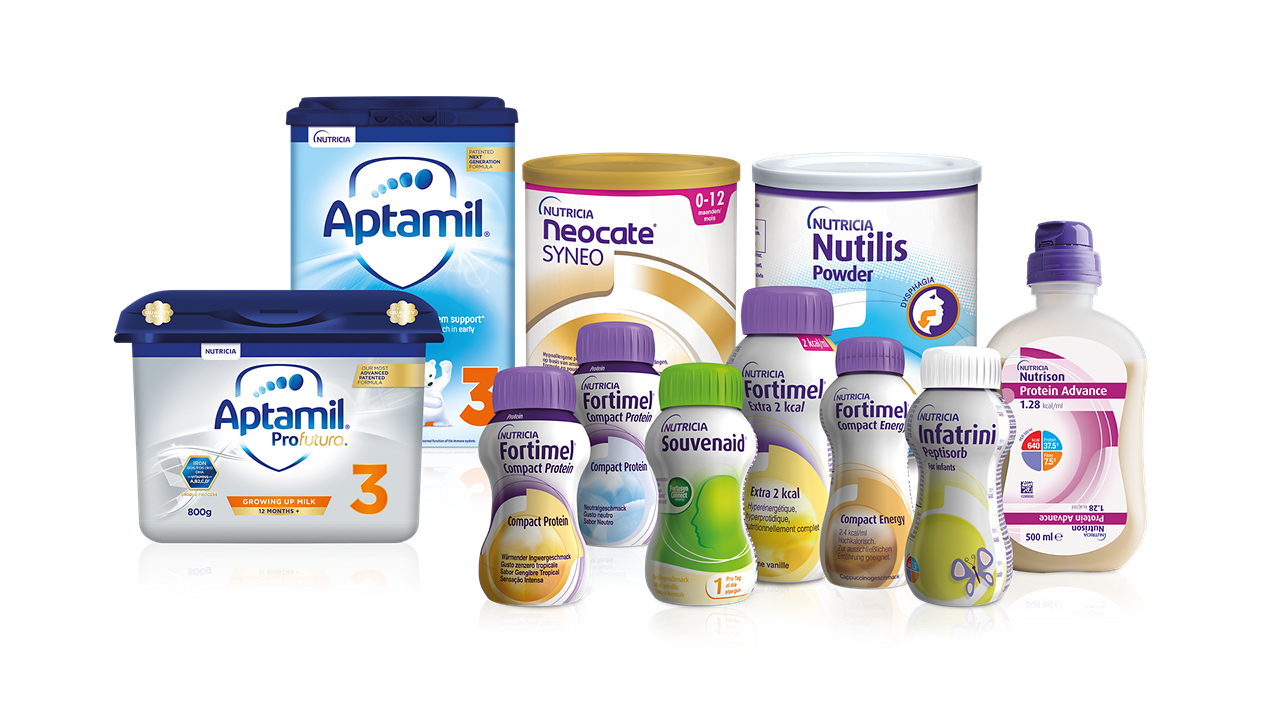Studies have shown that people with early Alzheimer's disease often have low levels of key nutrients, despite eating a normal diet.
Increased intake of these nutrients is necessary because the pathways supporting synapse formation and function depend on them. Research has shown that taking these single nutrients alone or together has not consistently demonstrated benefits in early Alzheimer's disease. In contrast, a multi-nutrient combination, taken daily at the right levels, has shown benefits in clinical trials in early Alzheimer's disease. Other benefits that have been reported by patients taking this multi-nutrient combination are lower levels of apathy, increased energy, alertness and improved mood. This was reported to lead to increasing social interactions, renewed interest in hobbies and restarting activities recently stopped due to the illness.






